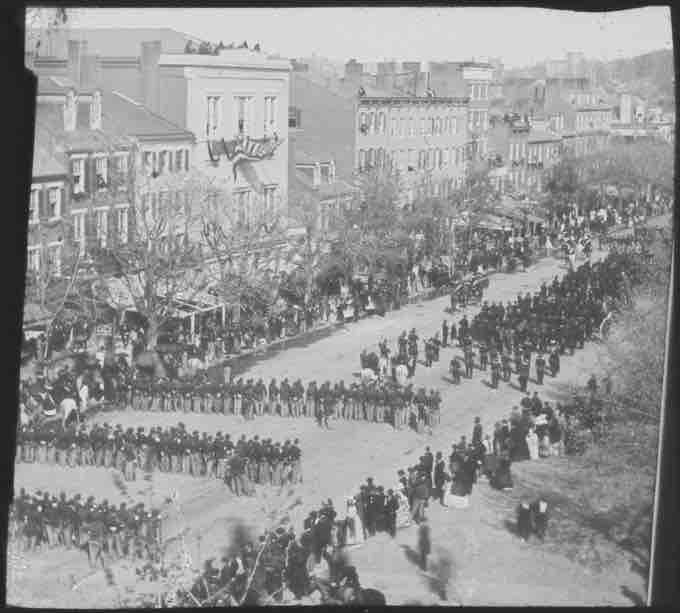The Commemorative Speech
Commemorative speeches are those that celebrate and honor the memory of someone or something. If you consider various memorial holidays and observances throughout the year, such a Memorial Day in the United States, many people commemorate the occasion by remembering fallen veterans. In England, the English commemorate their fallen heroes by wearing poppies on Remembrance Day.
The Dedication
The dedication is a very specific type of commemorative speech. It is often accompanied by a ceremony accompanying an official opening or completion of something. The speech honors the event, individual or groups of people to which the items are being dedicated. Take for example, the dedication of the National Cemetery in Gettysburg, Pennsylvania in 1863, by then President Abraham Lincoln:
Fourscore and seven years ago our fathers brought forth on this continent a new nation, conceived in Liberty, and dedicated to the proposition that all men are created equal. Now we are engaged in a great civil war, testing whether that nation, or any nation so conceived and so dedicated, can long endure. We are met on a great battlefield of that war. We have come to dedicate a portion of that field, as a final resting-place for those who here gave their lives that that nation might live. It is altogether fitting and proper that we should do this. But, in a larger sense, we cannot dedicate—we cannot consecrate—we cannot hallow—this ground. The brave men, living and dead, who struggled here, have consecrated it far above our poor power to add or detract. The world will little note nor long remember what we say here, but it can never forget what they did here. It is for us, the living, rather, to be dedicated here to the unfinished work which they who fought here have thus far so nobly advanced. It is rather for us to be here dedicated to the great task remaining before us—that from these honored dead we take increased devotion to that cause for which they gave the last full measure of devotion; that we here highly resolve that these dead shall not have died in vain; that this nation, under God, shall have a new birth of freedom; and that government of the people, by the people, for the people, shall not perish from the earth.
The Eulogy
A eulogy is a very specific type of commemorative speech that occurs at a person's funeral. Where a dedication may commemorate an event, an eulogy commemorates a specific deceased person. Eulogies may include memories and anecdotes of that person's life. Rather than focusing on how or why a person died, the eulogy celebrates the life he lived. It can be extremely emotionally difficult to deliver a eulogy for a friend or family member. In many circles, it is often expected that the eulogy reader may cry or become upset while speaking as they remember their loved one.
President Lincoln was remembered by Josiah Gilbert Holland, on the occasion of his funeral in 1865:

The Eulogy
President Abraham Lincoln's funeral procession on Pennsylvania Avenue on April 19, 1865.
Our President is dead. He has served us faithfully and well. He has kept the faith; he has finished his course. Henceforth there is laid up for him a crown of glory, which the Lord, the righteous Judge, shall give him in that day. And He who gave him to us, and who so abundantly blest his labors, and helped him to accomplish so much for his country and his race, will not permit the country which He saved to perish. I believe in the overruling providence of God, and that, in permitting the life of our Chief Magistrate to be extinguished, He only closed one volume of the history of His dealings with this nation, to open another whose pages shall be illustrated with fresh developments of His love and sweeter signs of His mercy. What Mr. Lincoln achieved he achieved for us; but he left as a choice a legacy in his Christian example, in his incorruptible integrity, and in his unaffected simplicity, if we will appropriate it, as in his public deeds. So we take this excellent life and its results, and, thanking God for them, cease all complaining and press forward under new leaders to now achievements, and the completion of the great work which he who has gone left as a sacred trust upon our hands.